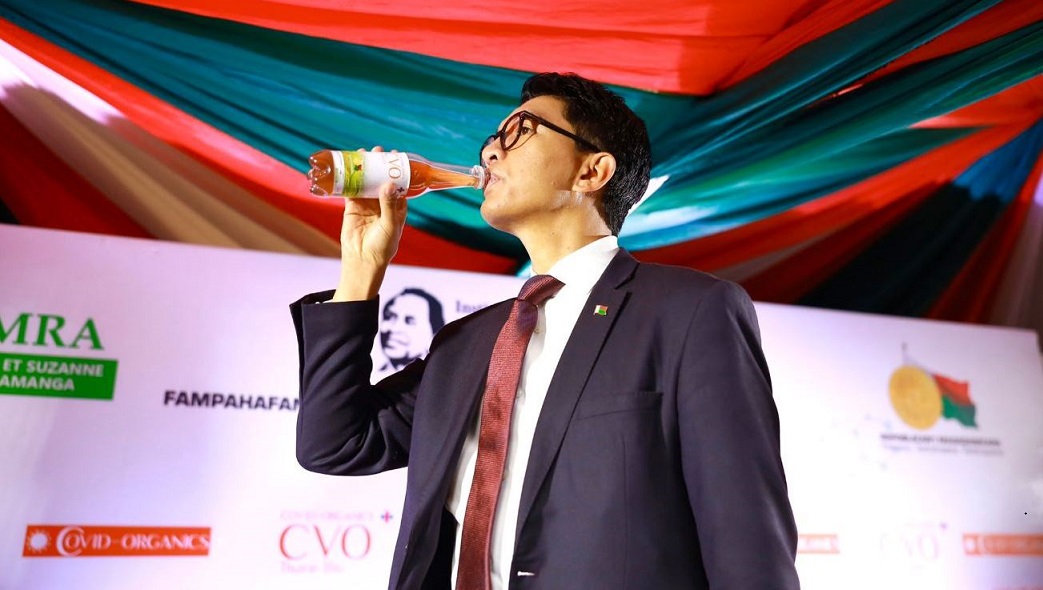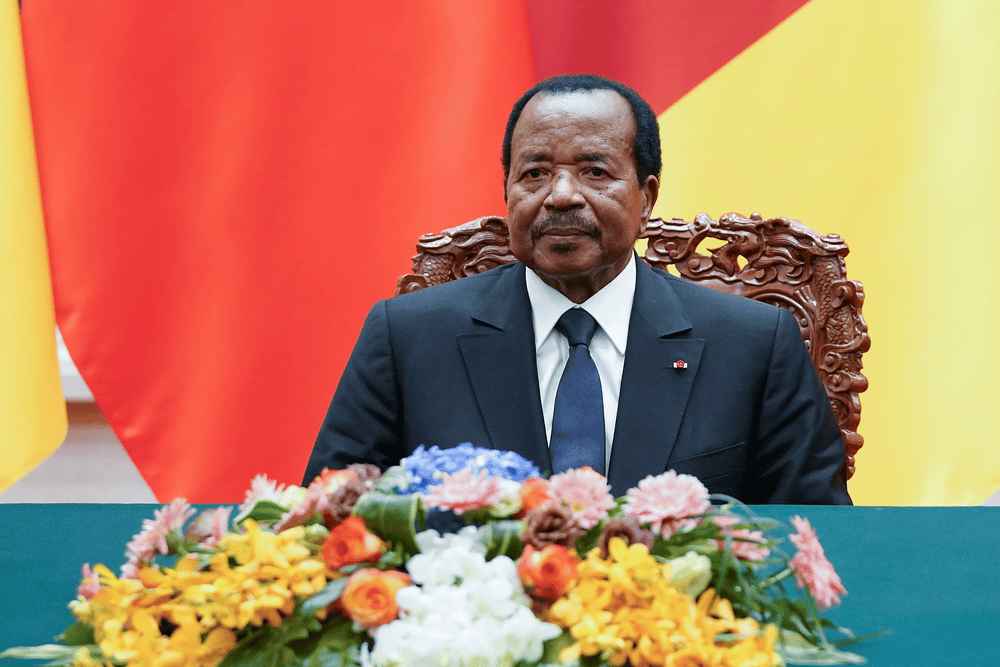
W.H.O. cautions against using untested medicine for COVID-19

The World Health Organisation cautioned against the use of traditional medicine that has not been scientifically tested and proven to fight the coronavirus.
The W.H.O. was responding to the latest developments in Africa where Madagascar’s president is promoting a herbal tonic, called Covid-Organics, for treating Covid-19 patients.
According to a presidential aide who spoke to the BBC, the tonic was trialed on less than 20 people over 21 days, a move against WHO guidelines on clinical trials.
“Africans deserve to use medicines tested to the same standards as people in the rest of the world. Even if therapies are derived from traditional practice and natural, establishing their efficacy and safety through rigorous clinical trials is critical,” the statement read in part.
Clinical trials have the potential to be a lengthy process with the proposed vaccine or drug being subjected to four phases. Trials can be conducted in between a range of a small number of patients to the countrywide population.
Covid-Organics is produced from the artemisia plant – the source of an ingredient which is used in a malaria treatment – and other plants from Madagascar.
“Medicinal plants such as Artemisia annua are being considered as possible treatments for COVID-19 and should be tested for efficacy and adverse side effects,” the W.H.O. statement said.
However, the W.H.O. was categorical that it welcomes innovations, which include repurposing drugs, traditional medicines and developing new therapies, in the search for potential treatments for COVID-19.
“WHO is working with research institutions to select traditional medicine products which can be investigated for clinical efficacy and safety for COVID-19 treatment. In addition, the Organization will continue to support countries as they explore the role of traditional health practitioners in prevention, control, and early detection of the virus as well as case referral to health facilities.”
The W.H.O. also warned against misinformation, especially on social media, about the effectiveness of certain remedies.
Madagascar President Andry Rajoelina has held talks with various other African leaders in Africa to take up the remedy to aid their fight against the disease.
Countries that have expressed a willingness to purchase the tonic include Comoros, the Republic of Congo, Equatorial Guinea and Guinea Bissau.
The African Union has since said that it had opened discussions with Madagascar aimed at exploring the safety and efficiency of the herbal remedy. The technical data is expected to be reviewed by the Africa Centres for Disease Control and Prevention (Africa CDC).






